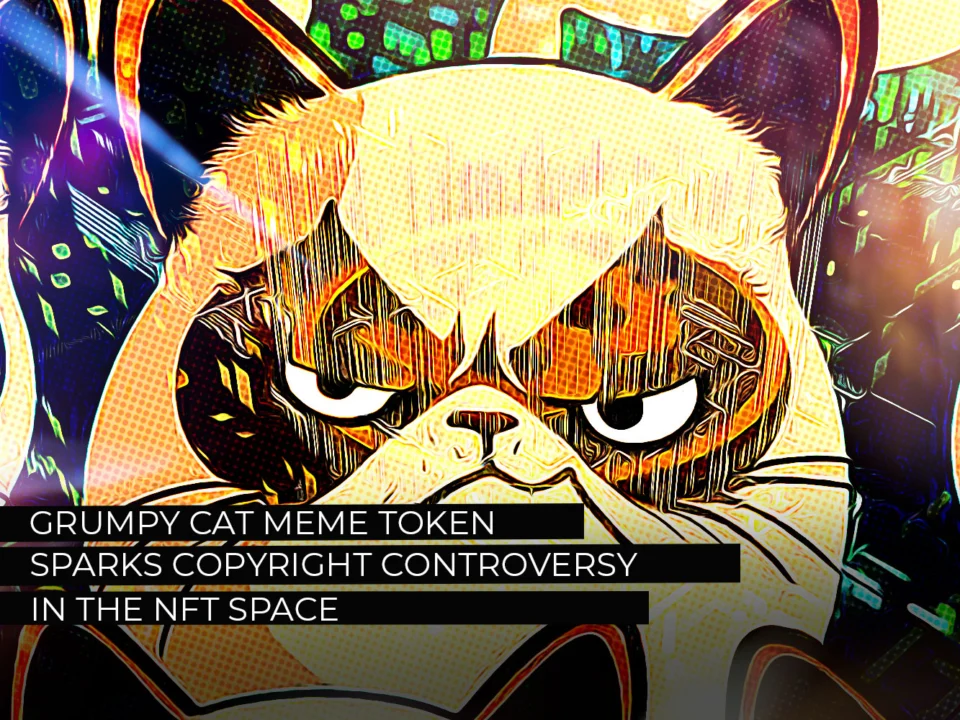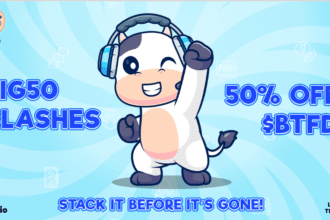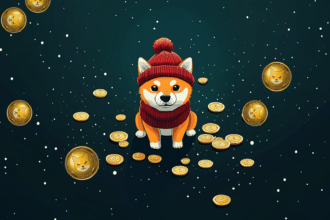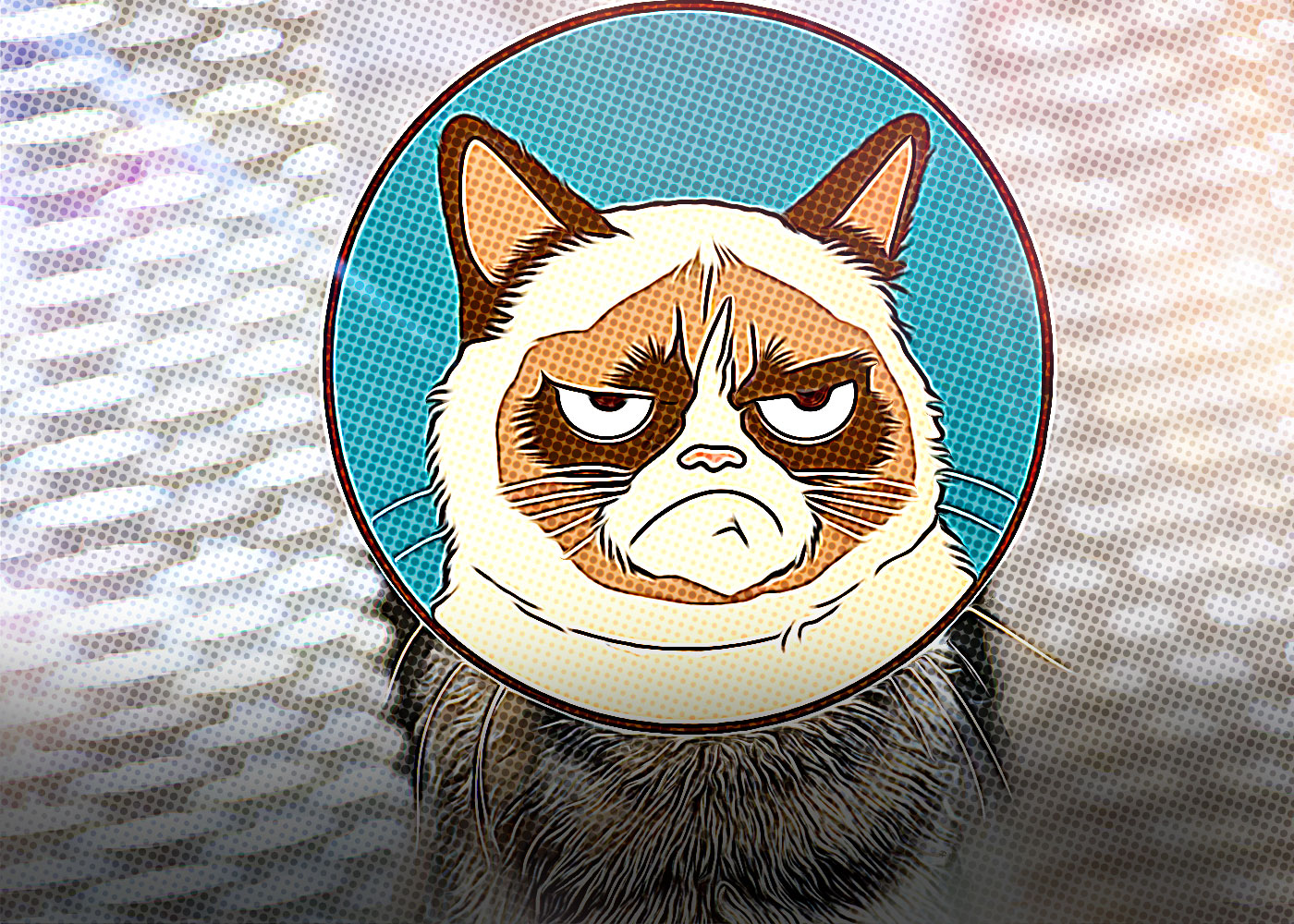The Grumpy Cat meme has become an iconic figure in internet culture, known for its perpetually displeased expression. As the popularity of NFTs continues to surge, the creation of a Grumpy Cat meme token has ignited a copyright controversy within the NFT space. This debate centers around the complexities of intellectual property rights and the legal implications of minting and trading meme-based NFTs. With the NFT market growing rapidly, navigating these legal waters is crucial for the future of both meme culture and the cryptocurrency industry.
Understanding the Origins of Grumpy Cat and the Meme Culture

Grumpy Cat, whose real name was Tardar Sauce, became an internet sensation in 2012 due to her unique, permanently grumpy expression. The viral photo shared on social media quickly spawned countless memes, making Grumpy Cat an iconic figure in meme culture. Grumpy Cat garnered millions of followers and even inspired merchandise, books, and a movie.
Key highlights:
- Real Name: Tardar Sauce
- Viral Photo Year: 2012
- Popularity Features: Unique grumpy expression
Meme Culture Impact:
- Virality: Memes spread quickly, and Grumpy Cat became a symbol of internet pop culture.
- Monetization: Grumpy Cat’s image was used in merchandise, leading to significant financial gain.
In essence, Grumpy Cat’s popularity illustrates how a simple image can transform into a cultural phenomenon. Meme culture thrives on such virality, often leading to complex copyright issues, especially as technology advances into cryptocurrency and NFTs. Understanding these origins helps us appreciate the broader implications in the digital age.
Navigating Copyright Laws in the Cryptocurrency and NFT Markets
When it comes to the bustling world of NFTs and cryptocurrency, copyright laws can be a thorny issue, especially with popular figures like Grumpy Cat. Here’s a breakdown:
Understanding the Basics:
- Copyright Ownership: The original creator retains the rights to their work. In Grumpy Cat’s case, this means her owners hold the copyright.
- Usage Rights: Permission is required to use copyrighted material in NFTs. Without it, creators risk legal repercussions.
Challenges in the NFT Space:
- Verification: It can be tricky to verify ownership in the decentralized world of blockchain.
- Enforcement: Jurisdictional issues make enforcement of copyright laws complex.
Steps for Navigating Copyright Laws:
- Obtain Clear Permissions: Ensure you have explicit permission from copyright holders, especially when dealing with high-profile memes like Grumpy Cat.
- Understand Fair Use: Know the limits of fair use in your country, although this typically doesn’t cover commercial NFTs.
- Consult Legal Experts: Legal advice can help navigate the grey areas of copyright in the NFT space.
By understanding and respecting copyright laws, NFT creators can avoid controversies and contribute positively to the digital landscape dominated by beloved icons like Grumpy Cat.
The Future of Meme-Based NFTs and Intellectual Property
As the popularity of NFTs continues to rise, meme-based NFTs like Grumpy Cat bring intriguing questions about the intersection of digital art and intellectual property.
Key Considerations for the Future:
- Ownership and Rights: Creators must clarify who owns the original content and how rights are distributed. Do the origins of popular memes like Grumpy Cat warrant special consideration?
- Legal Frameworks: Evolving legal frameworks may need to consider digital ownership and creative rights, ensuring meme creators receive deserved compensation.
- Ethical Implications: The ethical dimensions of profiting from viral content raise important questions. For instance, how do we balance profit and recognition for Grumpy Cat memes?
Possible Developments:
- Stronger Copyright Enforcement: As regulation catches up, stricter copyright enforcement could protect original meme creators.
- Licensing Agreements: We may see a surge in licensing agreements to legitimize the use of meme-based characters like Grumpy Cat in NFTs.
- Community-Driven Platforms: Decentralized platforms might emerge, prioritizing fair use and creator rewards over commercial exploitation.
In conclusion, the future of meme-based NFTs lies at the confluence of creative expression and legal boundaries, demanding thoughtful solutions to ensure fairness for all parties involved.
Frequently Asked Questions
What is the Grumpy Cat Meme Token?
The Grumpy Cat Meme Token is a cryptocurrency token inspired by the viral Grumpy Cat meme that gained widespread popularity on the internet. The token leverages the iconic image of Grumpy Cat to attract enthusiasts and investors within the NFT and cryptocurrency space.
What caused the copyright controversy?
The copyright controversy began when the creators of the Grumpy Cat Meme Token used the well-known image of Grumpy Cat without obtaining proper permission from the original copyright holders. This sparked a debate on the legal and ethical considerations of using copyrighted content in the creation of NFTs.
Who holds the copyright to the Grumpy Cat image?
The copyright to the Grumpy Cat image is held by the estate of Tabatha Bundesen, the original owner of Grumpy Cat. Following Grumpy Cat’s rise to fame, Bundesen and her representatives have strictly controlled the use of the cat’s image to protect their intellectual property rights.
How does this controversy affect the NFT market?
The controversy highlights the need for clearer guidelines and regulations concerning the use of copyrighted material in the creation of NFTs. It serves as a reminder to artists and creators in the NFT space to respect intellectual property rights and to seek necessary permissions before using protected content. This situation may lead to increased scrutiny and possible changes in how NFTs are created and managed legally.







